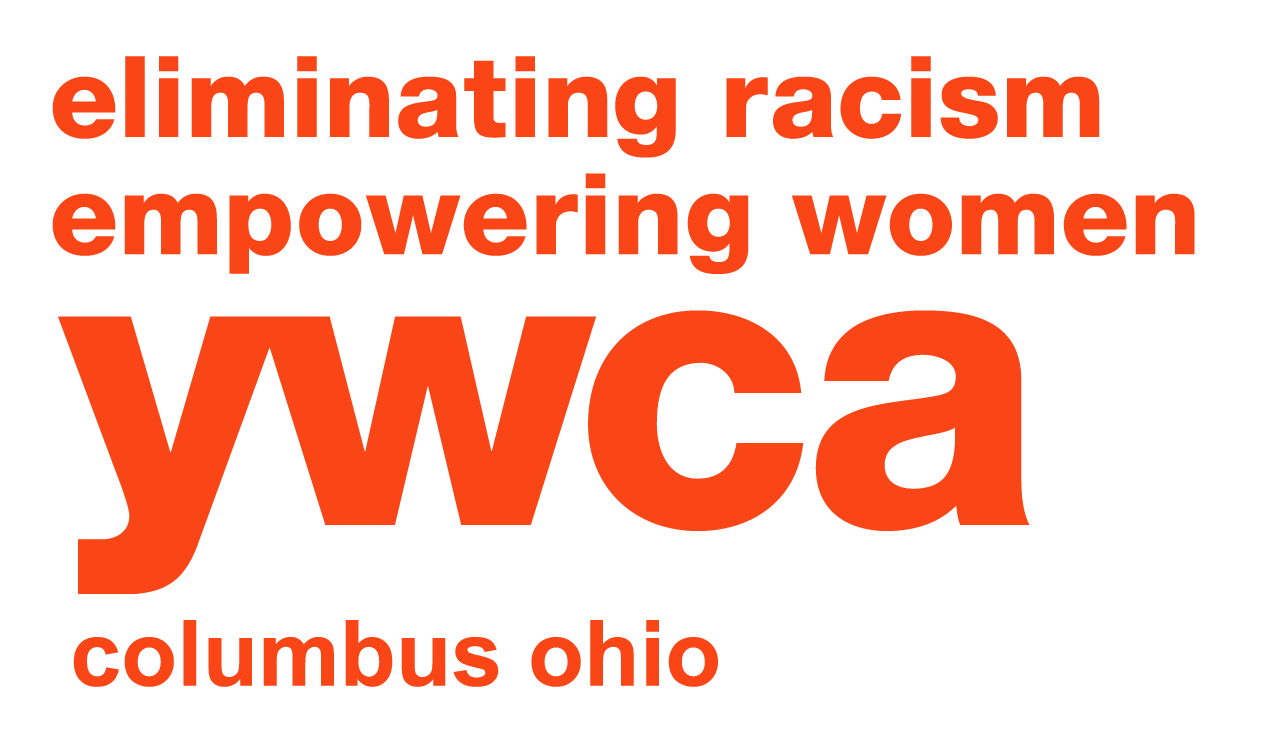Ensuring Housing Justice For All
Housing and shelter are basic human needs that we fulfill as a provider of emergency shelter and permanent, supportive housing for marginalized women and families in Central Ohio. These services are necessary in today’s world, where houselessness and housing instability are pressing issues in a rapidly growing city. As the Columbus region grows and develops, we strive to ensure that those who have been historically locked out of the housing sphere are prioritized and supported.
Housing costs are rising while housing options are dwindling, due to low wages, inadequate affordable housing development, and more. Simply put, there must be intentional efforts to develop affordable housing in enough quantity, enough quality, and with intention for cultural sensitivity. Understanding that housing is a social justice issue that particularly affects the well-being and safety of marginalized women, YWCA Columbus is uniquely positioned to amplify conversations about the growing shelter crisis and provide insight on housing advocacy. While we support the greater housing system course correcting towards a future where every person is housed, we recognize that even in the healthiest housing market, there will always be people in need of supportive housing. We recognize that housing can and should look a number of ways and envision a world in which each person and family has all of their cultural, socioeconomic, and physical and emotional health-related housing needs met.
Housing justice means equitable access, prevention of physical and cultural displacement, and continued sustainability of housing equity for all people of our diverse and growing community. We must build more affordable housing in a mixed-income setting with access to resources, transportation, and community in tandem with a healthy and well-funded shelter system.
We pursue a world of housing justice, where every individual and family has equitable access to housing that fits their needs; where communities of color are affirmatively supported and resourced; where historic barriers to housing are eliminated and policies are put in place to protect the right to housing for all people.
How we believe we will achieve this:
Housing justice for all
Equitable shelter funding, treatment of unhoused people with dignity, and access to appropriate shelter services
Systemic policy reforms to eradicate barriers to housing development, purchasing, and renting
Robust protections for renters that promote stability and preservation
A modernized zoning code that encourages sustainable housing supply, with varying types of housing, at levels families can afford
Tax incentives for the creation of affordable housing
Increased homeownership opportunities for Black people
Access to emergency rental assistance
2023-2024 Advocacy Agenda
-

Eliminating Racism
YWCA Columbus pursues policies that would retract systemic racism and affirm the needs and desires of marginalized communities to thrive.
-

Empowering Women
YWCA Columbus pursues policies that retract sexist and patriarchal norms and that affirm women’s rights to autonomy, belonging, and self-governance.
-

Housing Justice
Housing justice means equitable access, prevention of physical and cultural displacement, and continued sustainability of housing equity for all.
-

Youth Development
YWCA Columbus pursues policies that systemically support childcare workers, increase access to safe, holistic, and culturally competent childcare, and promote whole-child wellbeing.
